On the 3rd anniversary of the enactment of the Infrastructure Investment and Jobs Act, also known as the Bipartisan Infrastructure Law, U.S. Senators Gary Peters (MI) and Debbie Stabenow (MI) highlighted infrastructure projects taking place across Michigan thanks to the historic law.
Since its enactment, Michigan has received more than $13 billion to upgrade our state’s aging roads, bridges, and highways, expand access to high-speed internet, replace dangerous lead pipes, protect the Great Lakes, strengthen the power grid, improve public transportation, and more. These investments have created thousands of good-paying jobs, including union jobs, for Michiganders across the state.
“The Bipartisan Infrastructure Law was a historic investment that will benefit generations of Michiganders to come,” said Senator Peters. “This law is working to ensure that Michigan’s infrastructure can support our growing economy while creating more good-paying jobs for Michiganders in the process. It’s supporting projects that will help keep our Great Lakes clean and our drinking water safe. It’s strengthening the resiliency of our power grid and expanding access to reliable high-speed internet throughout every part of the state. I was proud to play a role in its passage and will keep fighting for more investments to keep our state strong.”
“These once-in-a-generation investments have created a strong foundation for a prosperous future for our state,” said Senator Stabenow. “From restoring and protecting our Great Lakes, to keeping the new Soo Lock construction on track, to rebuilding our roads and bridges, and so much more, this law will have a lasting positive impact on the State of Michigan.”
Thanks to the Bipartisan Infrastructure Law, Michigan has received more than $4.6 billion to improve our roads, bridges, and highways. The state has received more than $134 million to help Michigan communities carry out local and regional road safety projects that will help prevent roadway deaths and serious injuries.
Below are some of the key Upper Peninsila projects supported by federal funding from the Bipartisan Infrastructure Law:
Updating the Soo Locks: $479 million in funding to was invested to support construction of a new lock at the Soo Locks in Sault Ste. Marie. The new lock would improve efficiency of moving freight throughout the Great Lakes, boosting economic growth across Michigan and the entire country and supporting our national security by strengthening critical supply chains. Previous reports have indicated that if the Soo Locks were to suffer a long closure for any reason, it could lead to a national recession.
Supporting Battery Recycling for Advanced Manufacturing: Revex Technologies Inc. will receive $145 million to strengthen the domestic nickel supply chain and create good-paying clean tech jobs in Michigan’s Upper Peninsula. This project is a partnership between Revex, a next-generation critical mineral processing company, and Eagle Mine, the only operating U.S. primary nickel mine, to turn battery waste into valuable critical minerals.
Chippewa County International Airport: Nearly $14 million has been awarded to the Chippewa County International Airport in Sault Ste. Marie. This funding has been used to support terminal upgrades, repair runways and taxiways, and help retain staff, improving both efficiency and safety for travelers.
Port of Menominee: More than $21 million was invested to make upgrades to a port operated by KK Integrated Logistics in the City of Menominee. Funding for this project will be used to reconstruct a dock wall along the Menominee Harbor and install rail infrastructure needed to transport freight from the harbor to its customers around the region.
















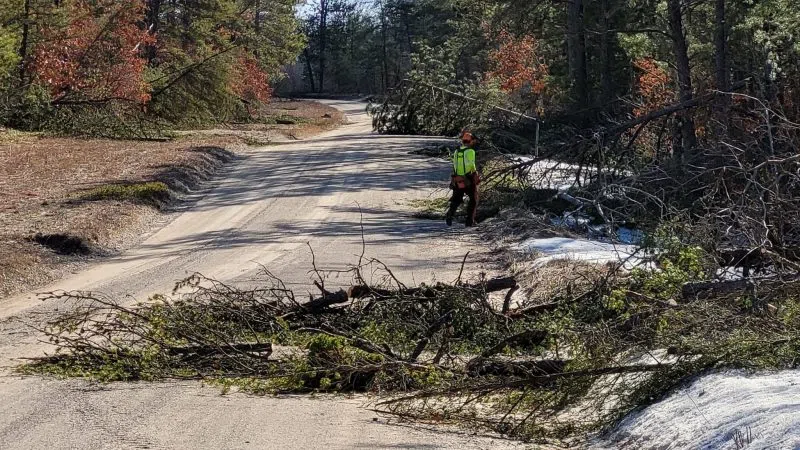

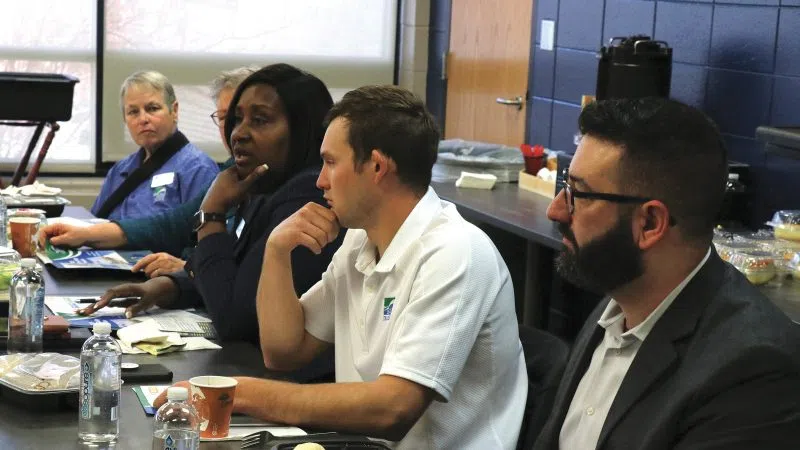


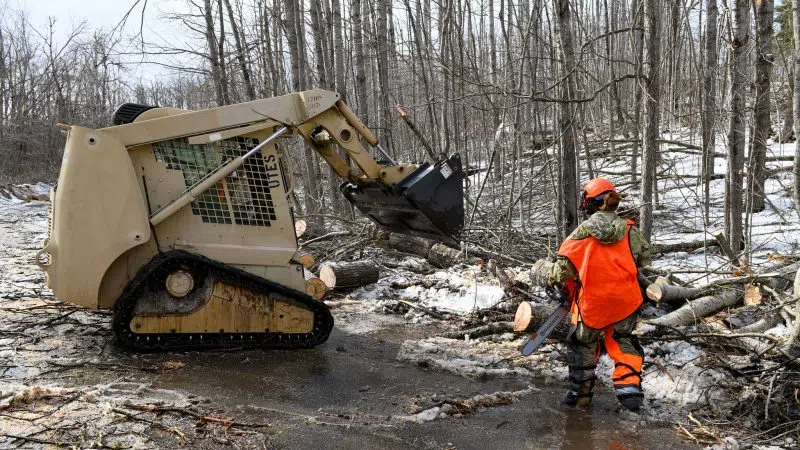
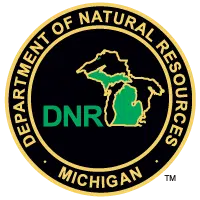
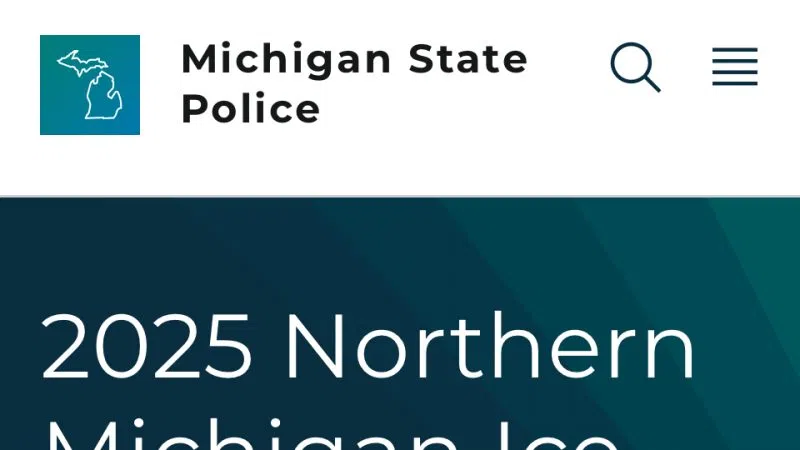



Comments